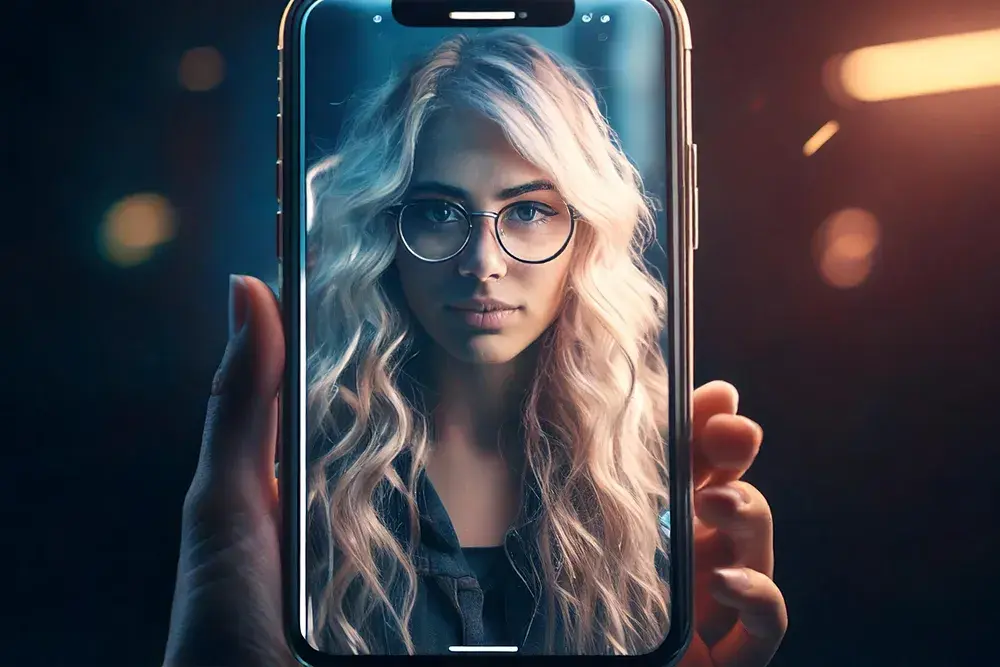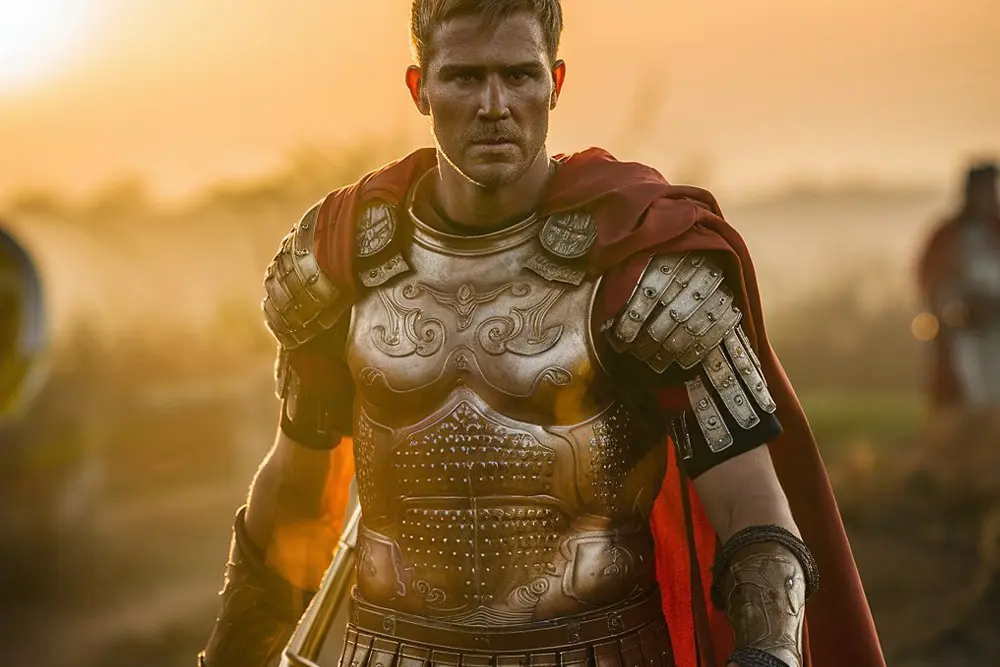Today, a growing wave of AI virtual influencers is emerging that can charm, engage, and sell
Yes, there is a boom of AI-generated influencers on social media, and they are quickly reshaping how we connect, consume, and communicate online.
These digital personas, crafted with hyper-realistic visuals and powered by advanced AI, are designed to engage audiences just like their human counterparts, if not better. But should we trust them? While they excel at delivering consistent, tailored content, their lack of authenticity raises questions.
Can we rely on influencers who creators and algorithms completely control?
Listen to Podcast
Created by Google NotebookLM
What Is an AI-generated Influencer?
An AI-generated influencer is a digital persona designed to act like a real human on social media. These influencers are often created with hyper-realistic visuals and AI-driven personalities, allowing them to engage with audiences in authentic-seeming ways. Unlike human influencers, virtual influencers are entirely controlled by their creators, meaning they can be perfectly aligned with a brand’s vision and messaging.
AI plays a crucial role in bringing these virtual figures to life. From generating life-like movements and expressions to crafting conversational interactions, advanced machine learning and natural language processing technologies power these personas. This enables them to not only look the part but also interact with followers in a way that feels genuine. Virtual influencers are increasingly becoming a tool for brands to connect with audiences, offering endless possibilities for storytelling and engagement.
Does it matter to followers that these influencers aren’t human?
For many, the answer seems to be no. Virtual influencers have amassed millions of followers who engage with their posts as if they were real people, see the case study in this video. Social media lives on storytelling, and if the narrative is compelling, the origin of the storyteller becomes secondary.
Followers care about the message, the style, and the vibe sometimes more than the identity of the person (or AI) delivering it. The human factor often fades into the background as long as the content resonates. However, some argue that transparency is essential.
Knowing an influencer is AI-generated might not bother everyone, but hiding it can feel deceptive. Striking a balance between authenticity and automation is crucial for maintaining trust.
AI-generated influencers raise ethical concerns
Are these AI personas promoting unrealistic beauty/fashion or industry standards? Do they contribute to the sense of inauthenticity that critics often associate with social media?
Brands need to be mindful of how they use AI influencers. The key lies in crafting personas that are not just marketable but relatable and inclusive. If AI models can champion diversity and authenticity, they could redefine what it means to be influential in the digital age.
Several key factors are driving the boom in AI-generated influencers
- They provide brands with complete control. Unlike human influencers, virtual personas can be programmed to deliver consistent messaging and avoid public missteps.
- Advancements in AI and digital design have made it easier than ever to create these personas, lowering the entry barrier for large companies and individuals.
- Audiences increasingly value engaging content, and virtual influencers are tailored to deliver just that. They often outperform humans regarding responsiveness and availability.
- Cost-effectiveness plays a role. AI influencers do not require salaries, travel budgets, or personal upkeep, making them a practical choice for brands looking to maximize their marketing budgets.
AI-generated influencers impact on social media influence is complex
On one hand, they provide brands with unprecedented opportunities for creativity, control, and engagement. Their ability to deliver consistent messaging and adapt to trends quickly makes them an attractive option for businesses. But, they also bring challenges, such as setting unrealistic standards, potentially eroding trust, and diminishing the authenticity that many users value.
Whether they ultimately help or harm the landscape of social media influence depends on the transparency brands maintain when deploying them. The balance between their strengths and pitfalls will define their role in shaping the digital age of influence.
Social media is evolving, and virtual influencers are at the forefront of this change. Depending on how they’re used, they can enhance or dilute the platform’s authenticity.
One thing is sure: the world of influence has forever changed, and it’s more digital than ever.
AI-generated influencers FAQ's
What exactly are AI-generated influencers?
AI-generated influencers are digital characters designed to mimic human influencers on social media. They are created using hyper-realistic visuals and AI-powered personalities, allowing them to engage with audiences in ways that can seem very authentic. Unlike human influencers, their creators fully control them, ensuring they stay perfectly on-brand.
How do AI-generated influencers work?
Advanced AI technologies like machine learning and natural language processing are used to create these virtual influencers. They power everything from generating lifelike movements and expressions to creating conversational interactions. This tech allows them to look and act like real people, making them convincing for many followers.
Do followers care that these influencers aren’t real?
For many, the answer seems to be no. Many virtual influencers have gained millions of followers who engage with their posts as if they were real people. As long as the content is engaging and relatable, the fact that the influencer is AI-generated doesn’t seem to be a major concern for many.
Are there any ethical concerns surrounding AI-generated influencers?
Yes, several ethical concerns exist. Critics question whether these virtual personas promote unrealistic beauty standards or contribute to a sense of inauthenticity on social media. Transparency is also a concern, as some believe influencers should disclose their AI status to avoid misleading followers.
What impact are AI-generated influencers having on social media?
The impact is complex. They offer brands exciting opportunities for creativity, control, and engagement. However, they also raise concerns about unrealistic standards, potential erosion of trust, and decreased authenticity. Their ultimate impact will depend on how transparently brands use them.
Could AI-generated influencers actually benefit the social media landscape?
Potentially, yes. If used responsibly, they can promote diversity and inclusivity, champion important causes, and create engaging and relatable content. The key lies in using them to enhance authenticity rather than dilute it.
What does the future hold for AI-generated influencers?
AI-generated influencers are undoubtedly here to stay and are likely to become even more prevalent in the future. As the technology continues to evolve, we can expect even more realistic and engaging virtual personas. The way brands choose to use this technology will ultimately determine its impact on the future of social media.









